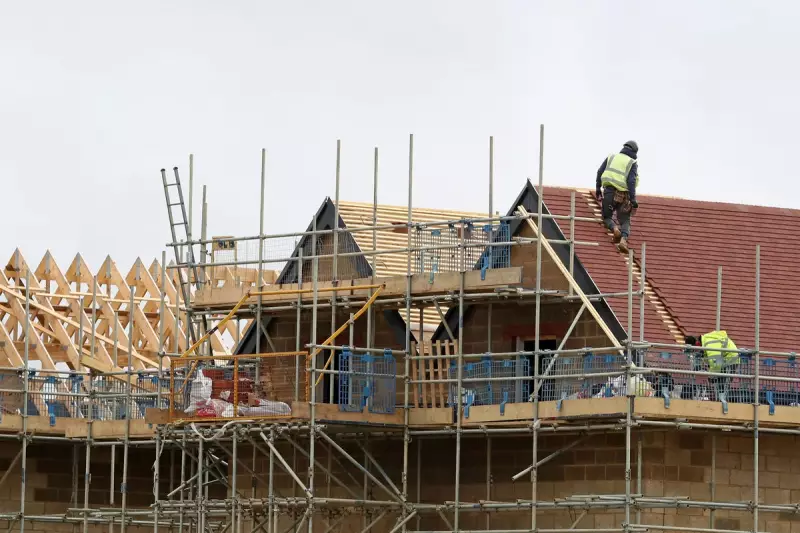
Housing Secretary Steve Reed is set to unveil a radical overhaul of England's planning system, introducing a 'default yes' for new housing developments within a 15-minute walk of well-connected train and tram stations.
Streamlining the Planning Process
The changes, expected to be announced on Tuesday, will make it significantly easier to build on sites near transport links, including some areas currently protected as green belt land. This will be achieved by amending the National Planning Policy Framework.
In a bold move to accelerate construction, ministers will be granted powers to intervene if local councils plan to reject large housing projects. Under the new rules, authorities intending to refuse permission for developments of more than 150 homes must notify the Government, handing ministers the final say.
Furthermore, the government plans to 'streamline' the process by removing the statutory consultation requirement with several organisations, such as Sport England, The Gardens Trust, and Theatres Trust, aiming to cut back on delays.
The Race to Meet Housing Targets
This policy push is a direct response to Labour's manifesto pledge to build 1.5 million homes by the next election. Official figures reveal a challenging path ahead, with only 231,300 new homes built between the election in late 2024 and September 2025.
Mr Reed stated, "I promised we'd get Britain building and that's exactly what we are doing. But it has to be the right homes in the right places and nearby transport links are a vital part of that." He also emphasised the new "stronger powers" to deal with local councils that "drag their feet" on approvals.
Mixed Reactions from Campaigners and Critics
The proposed shift has been welcomed by pro-growth groups. Sam Richards, chief executive of Britain Remade, called the plan for a default yes on underused sites near stations a "no-brainer".
He argued, "For years, the planning system has blocked new homes in exactly the places people most want to live. Building in well-connected areas means shorter commutes, stronger city and town centres, and more young people finally able to afford a home."
However, the policy faces criticism from the opposition. Shadow housing minister David Simmonds accused the government of trying to "railroad through unpopular developments" instead of working with communities. He said, "So much for their promise to empower communities," suggesting the top-down approach rides roughshod over local concerns.





